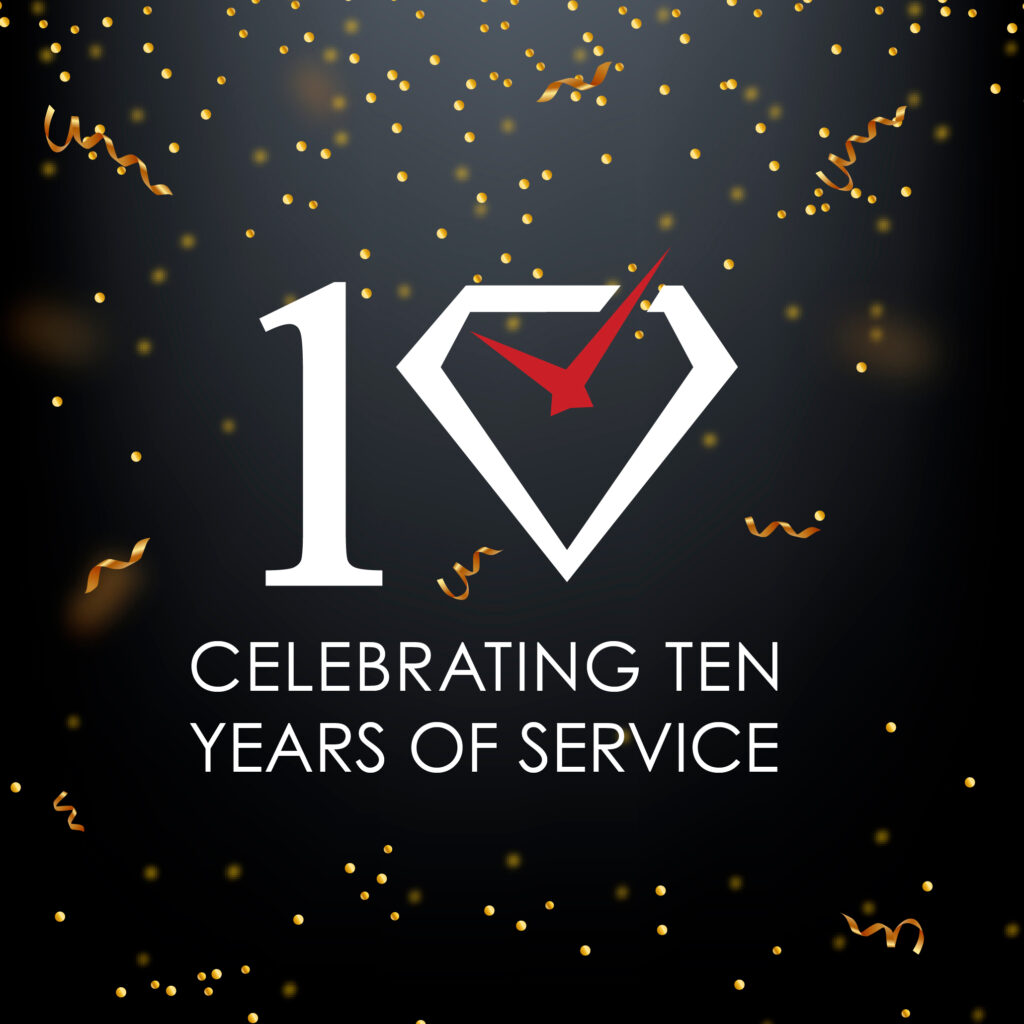Original article from businessinsider.com
The term “pawn shop” tends to summon mental images of a seedy strip mall storefront dealing in Grandma’s jewelry and signed baseball cards.
That’s why Paul Aitken, CEO of asset lending site Borro, doesn’t use it to describe his company.
“We’re about as similar to a private bank as we are to a pawn shop,” Aitken explains. “We provide an average loan of around $15,000, which is very different from the average $150 loans that pawn shops provide.”
The typical loan amount isn’t the only difference between Borro and the old-school pawn shop. High net-worth individuals are discovering that the service, which allows users to manage transactions online, is a convenient way to get cash, in a method that works for them.
On the surface, asset lending and pawn shop models are extremely similar: The borrower applies to the lender for a loan based on the value of a given asset, and as collateral, hands over that asset to the lender for safe keeping. The borrower then pays back the loan, with interest, and takes back the asset (or doesn’t pay, and forfeits their collateral for the lender to sell).
In the case of a standard pawn shop, the asset might be a pair of sterling silver cuff links. At Borro, it might be an Aston Martin.
Borro, which operates in the U.S. and the U.K. with offices in New York City and London, deals in luxury goods, including diamonds, fine art, antiques, and even more unusual valuables like Oscar and Grammy awards and Olympic gold medals.
In particular, Aitken remembers a $250,000 loan for a Stradivarius violin, $1.2 million for a signed Monet, an Andy Warhol Mao print for $21,000, and even a collection of 12th- and 13th-century swords and armor for $325,000.
A little larger scale than Grandma’s pearls.
Borro loans are capped at $2 million, and the company itself has raised over $152 million since its founding in 2008. It’s probably the most well-known of its kind, and attracts customers through everything from newspaper ads to partnerships with wealth managers and private banks.
High-end pawn shops aren’t common, per se, but Borro isn’t alone in the space. Similar companies that have made headlines include New York Loan and Suttons & Robertson.
Aitken says the interest rates on Borro loans are typically between 2.5% and 4% a month, compared to pawn shop rates that tend to range from 5% to 25%, depending on the state. (Traditional pawn shops might also charge fees for things like lost tickets or storage.) Only 10% of borrowers don’t repay their loans in full, and of those, he estimates, half never intended to take back their assets.

